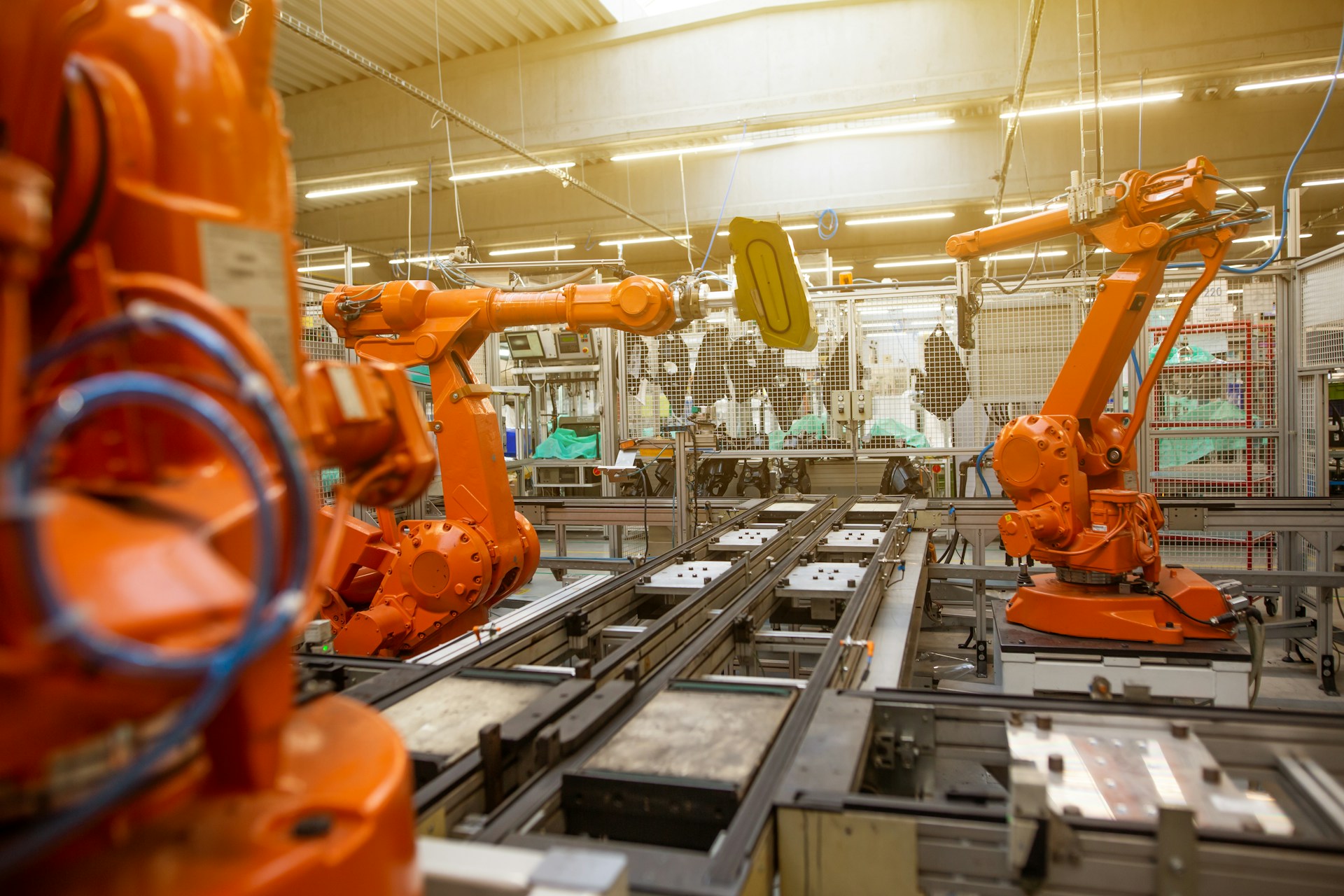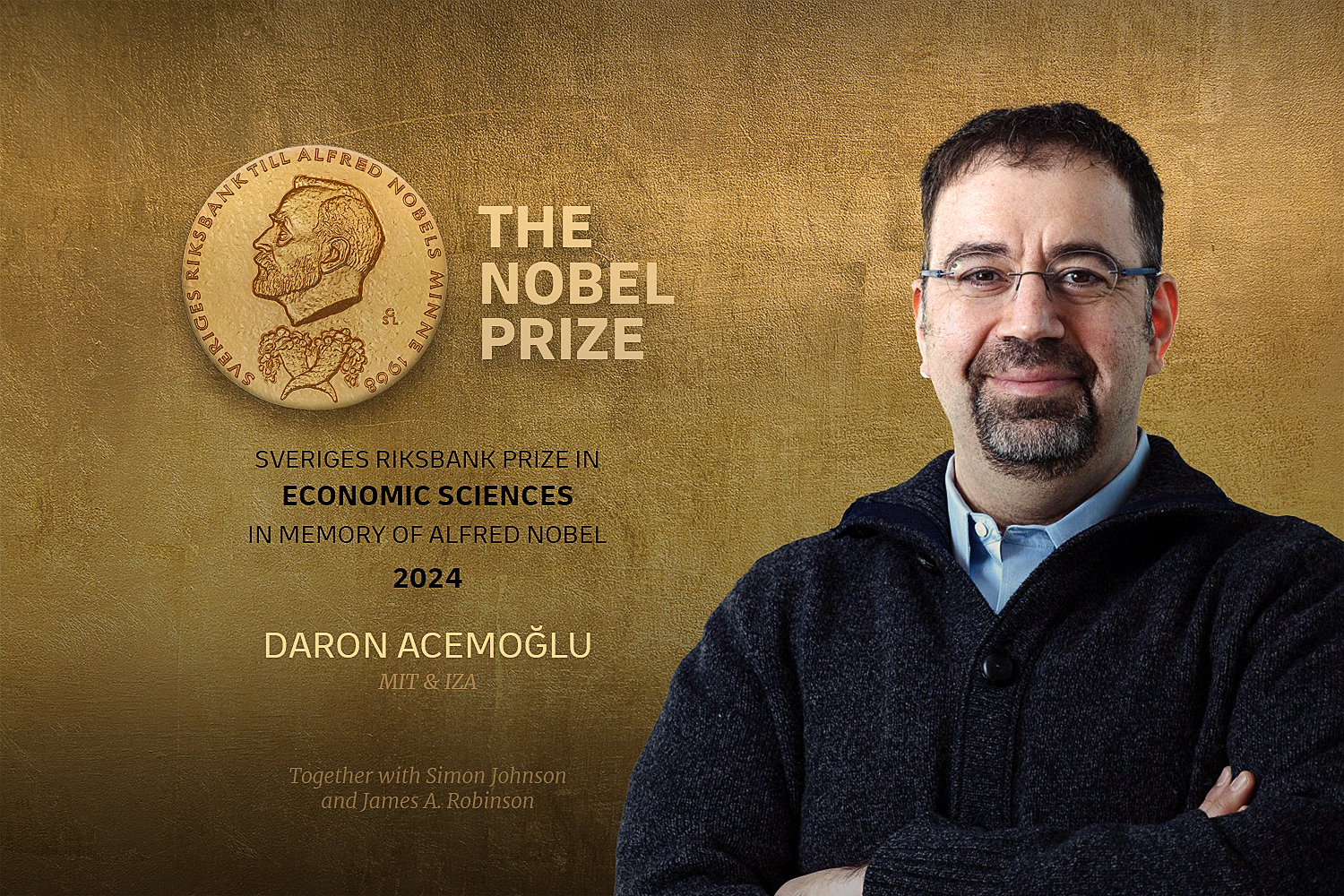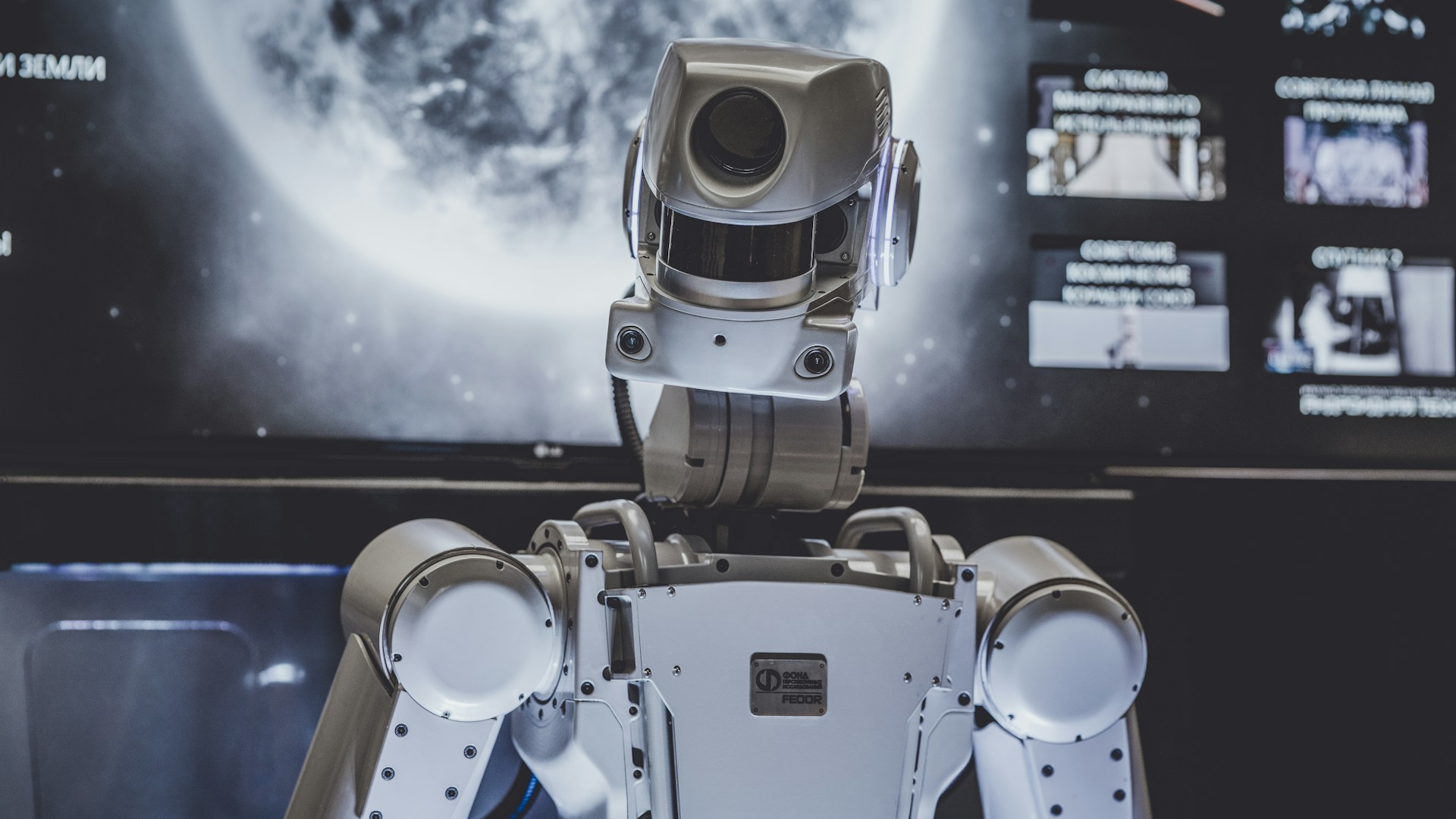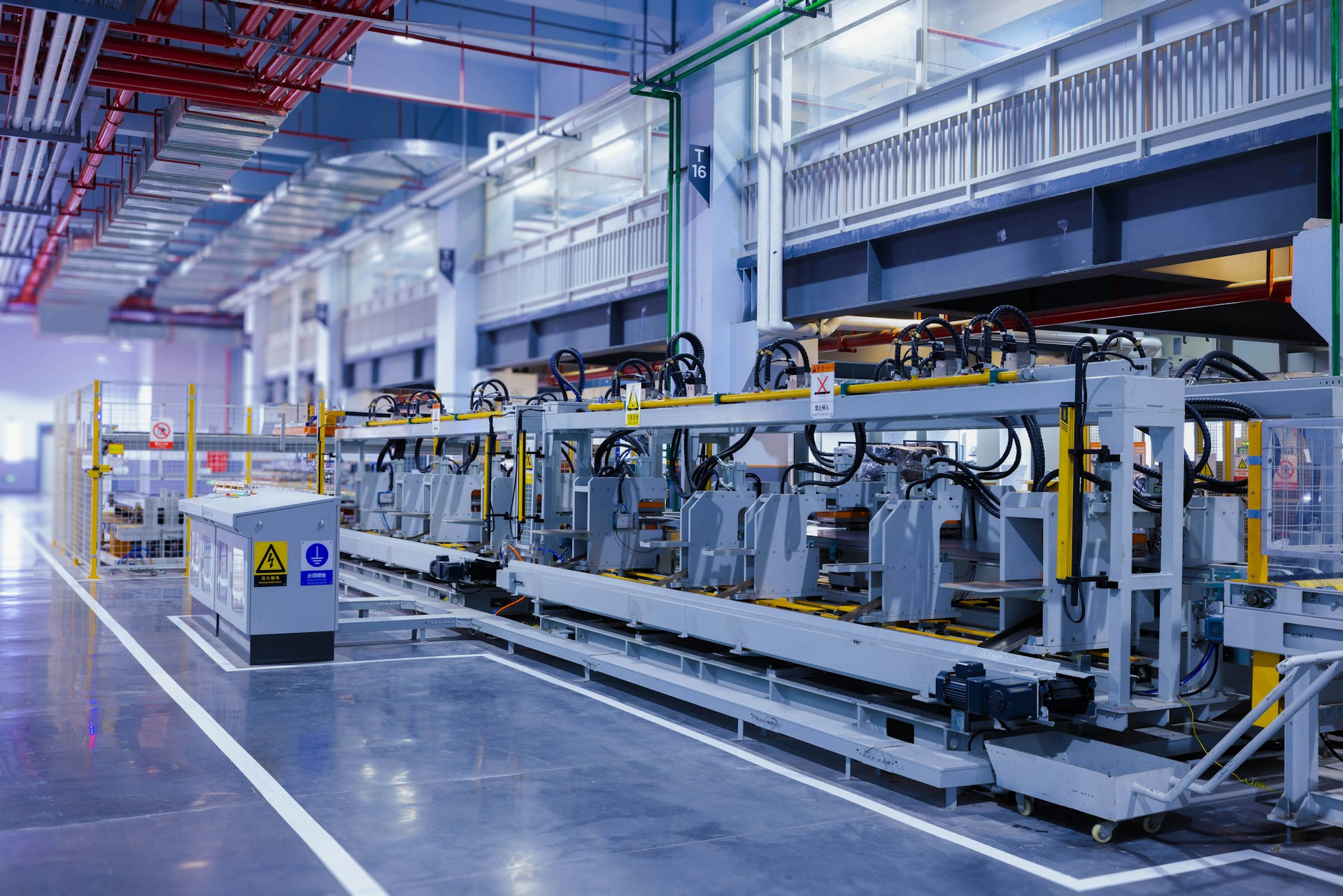Opinion: The Future Won’t Wait

Are great minds terrified by their own era? Do some economists live in a parallel world, a universe where technologies politely wait for professors’ permission to exist?
In a world where artificial intelligence and robotics are reshaping the contours of human labor, Nobel laureate in economics Daron Acemoglu offers a nostalgic vision. Tax reforms to discourage excessive automation and mandatory consultation of employees before validating and deploying innovations.
A bid, in short, to tame the technological flow. In reality, an attempt to fight an irresistible current — akin to holding back the ocean with a sandbar.
The premise is admittedly noble: slowing down the technological highway in the name of an ideal of social protection.

The Great Illusion of “Just The Right Amount” of Automation
Acemoglu evokes “excessive automation,” as if there existed a thermostat for technological progress — some dial managed by a ministry that would set the tolerable quantity of innovation.
What exactly is “excessive” automation? Who determines it? Based on what criteria?
Technologies do not follow administrative calendars but learning curves, economies of scale, and positive externalities. Taxing a transition makes it neither fair nor smart — only more costly, slower, and less efficient.
In truth, Acemoglu essentially proposes lowering the marginal productivity of capital in order to artificially maintain that of labor. Exactly the opposite of what economic progress has always required.
Let us ask a marathon runner to race while carrying a sandbag so walkers can keep up.

Back to the Early 20th Century
Had he been born in 1900, would Acemoglu have taxed engines exceeding horse-appropriate speeds, strengthened stablehands’ unions to distribute to them a share of the productivity gains from automobiles?
The advent of the automobile wiped out the equine industry, removed millions of horses from the roads, and deprived millions of stablehands, blacksmiths, and carriage drivers of their jobs.
Would Acemoglu have argued for taxes on combustion engines to limit their speed to a “horse-like pace” (10 km/h), for mandatory consultations with horse breeders before any launch of a Ford Model T, for strengthening breeders’ unions to capture the productivity gains of these “new machines”?

A Veto of the Past Over the Future
The proposal to require prior consultation of workers for any technological deployment is one of Acemoglu’s most absurd ideas. It would amount to creating internal review committees, endless validation procedures, implicit veto mechanisms — in short, a generalised bureaucratisation of innovation.
Can we imagine typists voting on the adoption of computers?
Archivists validating the arrival of databases?
Cinema projectionists approving digital video?
Across history, no major innovation would ever have survived such a process.

A Macro Vision to Avoid Obsolescence
Automation is not a political choice nor a passing trend: it is a gravitational force powered by global competition, by exponential advances in AI, and by the relentless pursuit of profit. Trying to discourage it through taxes or mandatory consultations is like imposing fines on the tides to make them rise more slowly.
Human labor is economically sacred—until it no longer is. Applying an industrial-era model to a post-work economy is like trying to regulate the internet using the Postal and Telecommunications Code.

When the real issue — the only one — is to guarantee income and social stability in a world where automation generates immense wealth with very little human labor.
The upheaval in the distribution of value demands a universal basic income or its functional equivalent, taxation based more on value flows than on employment, mechanisms allowing participation in the productivity gains of automated capital, and an education system centered on creativity, analysis, and general culture — not on competing with machines.
The Nobel laureate looks at labor, while it is society that concerns me.
He calls for a future that slows down and pits progress against social justice.
This article was first seen on michelsanti.fr.
For more on the author, Michel Santi and his exclusive opinion pieces visit his website here: michelsanti.fr
For more on the latest in global economic and business reads, click here.
The post Opinion: The Future Won’t Wait appeared first on LUXUO.





